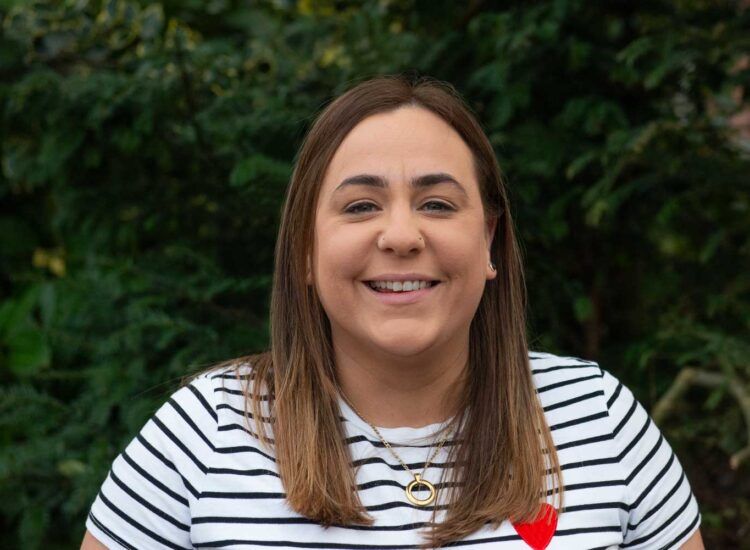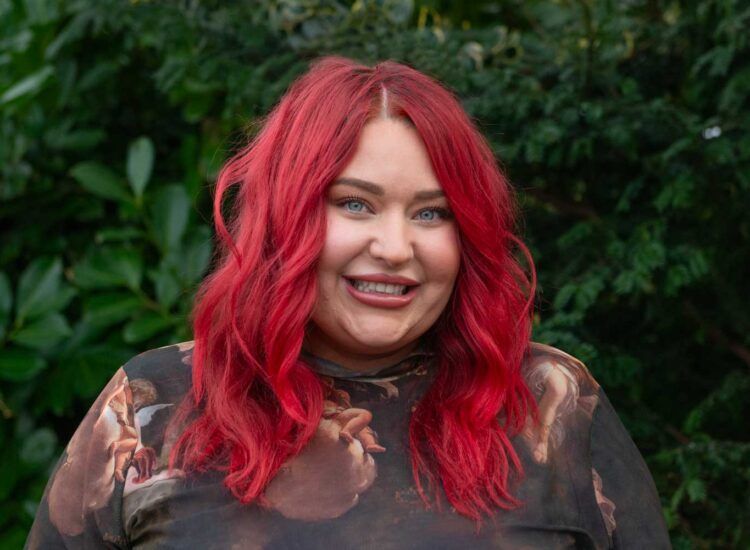
I believe independent advocacy is important for children and young people because they have a right to be fully involved and be able to challenge decisions being made about their lives and future. Independent advocacy empowers young people and I’m proud that I’m able to be part of that journey.

Every child deserves to be heard and valued. Advocacy ensures their voices are recognised, their rights upheld, and their needs met. I want to make a difference by helping children express themselves and ensuring they never feel unheard or overlooked.
– who they want to see
– where they want to stay
– what they do want
– and what they don’t want in their lives

Children and young people have the right to: